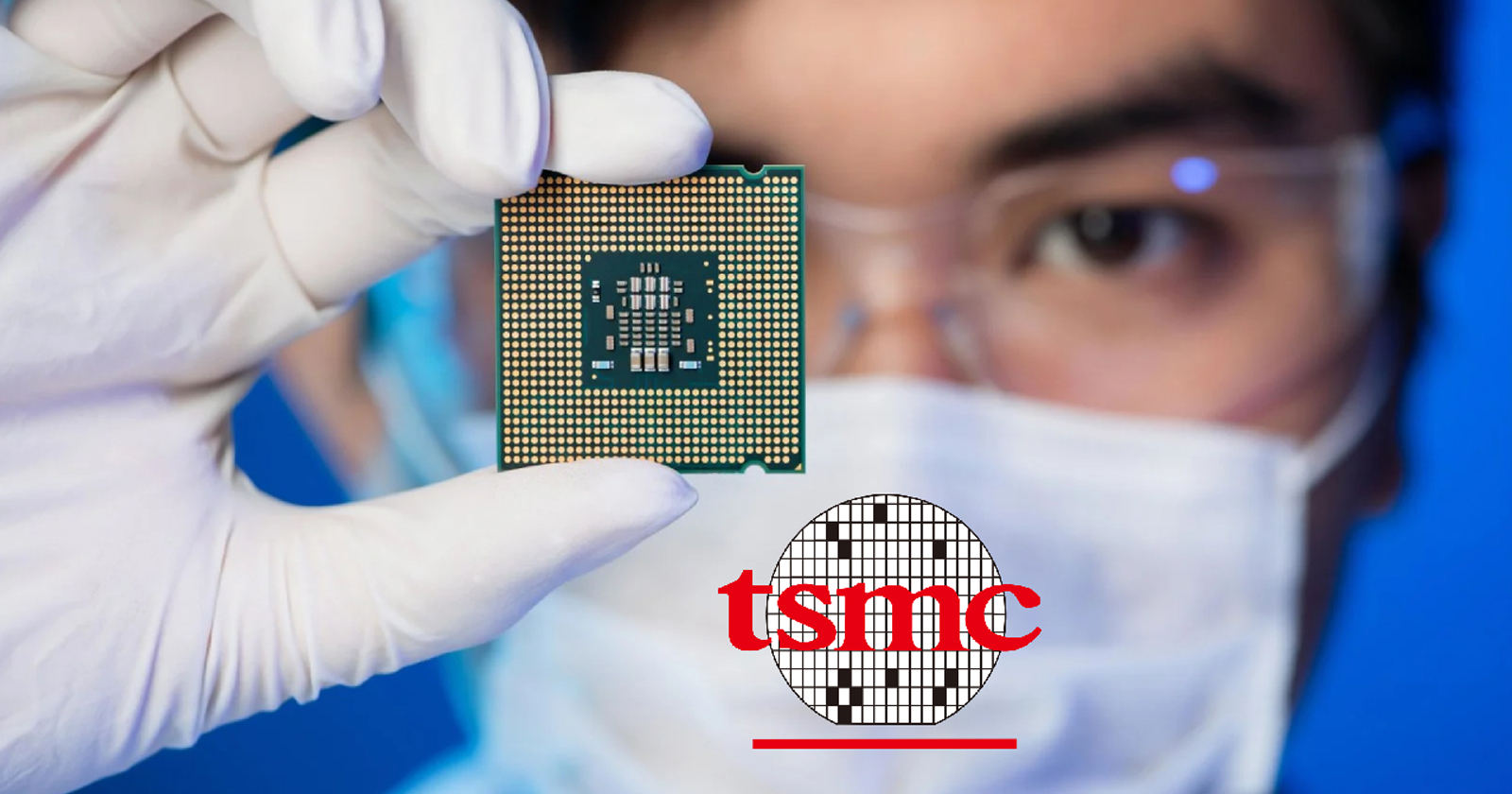TSMC, one of the world’s largest semiconductor manufacturers, is preparing for higher-than-expected price increases, especially for sub-5nm manufacturing technologies and CoWoS packaging solutions. The rapid growth in the artificial intelligence market and record-high demand for advanced chips are reshaping the company’s costs and pricing policy.
TSMC plans to increase prices again
According to the latest analysis by Goldman Sachs, an annual price increase of 3 percent is expected for sub-5nm manufacturing processes and 5 percent for CoWoS technology. However, it is stated that these increases may be pulled even higher depending on exchange rates. The appreciation of the Taiwanese Dollar in particular may cause TSMC to make more aggressive price hike decisions in order to maintain its gross profitability.

Technology giants such as Apple and Nvidia are dependent on TSMC for high-performance computing solutions, especially artificial intelligence hardware. This situation makes it difficult for customers to back down despite the company’s price increases. There is no serious alternative in TSMC’s current position for companies that want to access advanced manufacturing technologies.
CoWoS (Chip-on-Wafer-on-Substrate) technology stands out in applications that require high bandwidth, such as artificial intelligence and data centers. TSMC’s increase in production capacity in this area strengthens the prediction that orders will not decrease despite price increases.
The company currently dominates approximately 70 percent of the global foundry market. This rate is expected to reach 75 percent in the next few years. Previous projections stated that TSMC could reach a revenue of $160 billion by 2027. The main source of this growth is the increasing demand for artificial intelligence-based chips.
This new period in TSMC’s pricing policy may have significant effects, especially in sectors where production costs have become more decisive. However, considering the current technology map, it is not expected that major manufacturers will resist these increases.













